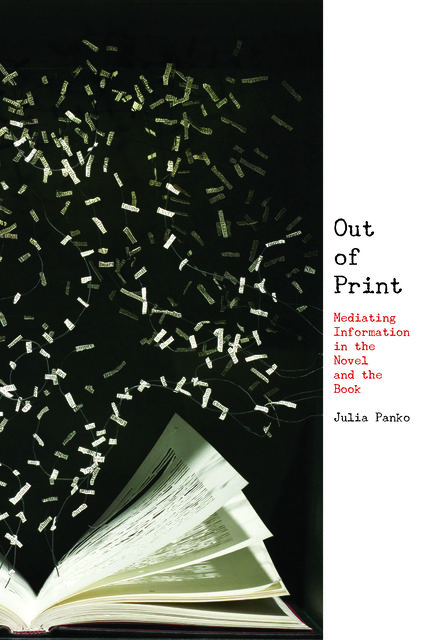Contents
Preface
Acknowledgments
Introduction
Information beyond the Book
Scale, Mediation, and the Novel Since Modernism
Chapter 1
Information Shock
Systematic Management and the Modernist Novel
Chapter 2
Form in the Cloud
Computational Mediation and the Contemporary Novel
Chapter 3
Haptic Storage
Disembodied Information, Textual Materiality, and the Representation of the Subject
Chapter 4
Bodies of Information
Digital Immortality and the Corporeality of Books
Chapter 5
Shelf Life
Media Transition, the Death of the Novel, and the Futures of the Book
Notes
Index



